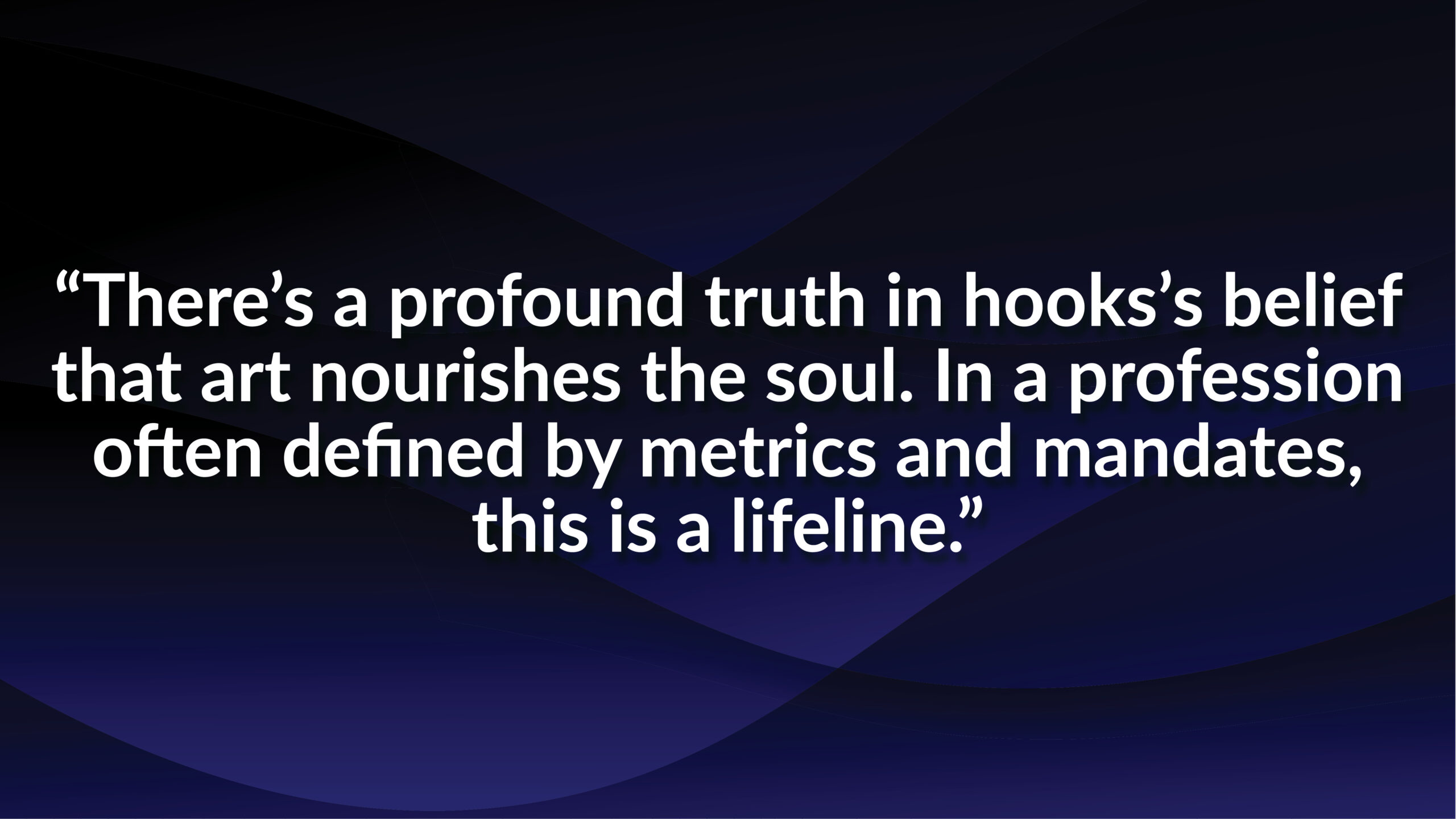Trump's disrespect for courts endangers our system of justice
Trump has shown contempt for America's courts, calling for the impeachment of judges who block his executive orders and threatening law firms in litigation challenging his actions in office.

Forty-eight years ago, under intense questioning, President Richard Nixon famously declared, “When the president does it, that means that it is not illegal.”
In February, Donald Trump took that idea a step further. He invoked a dramatic (albeit apocryphal) quote from Napoleon Bonaparte: “He who saves his country does not violate any laws.”
Trump’s contempt for America’s courts is now escalating from defiance to intimidation. He is calling for the impeachment of judges who block his executive orders while threatening prominent law firms in litigation challenging the legality of his actions in office.
This rank bullying includes his recent call to impeach the chief judge of the U.S. District Court for D.C. Also, Trump personally attacked one judge on social media, demeaning him as a “radical left lunatic, a troublemaker and agitator.”
Trump’s political supporters followed up on his menacing behavior by labeling Judge James Boasberg as a “terrorist-loving judge.” These angry verbal assaults began after Boasberg issued a fairly ordinary ruling that his administration must follow the law and have proper hearings before deporting immigrants.
Trump’s allies in Congress have joined the president in browbeating judges. House Speaker Mike Johnson (R-La.) has floated the idea of eliminating entire judicial districts where judges have ruled against Trump.
House Republicans, meanwhile, have introduced impeachment resolutions against judges who ruled against Trump’s immigration policies as well as his order to chop staff and budgets for federal agencies without constitutionally required input from Congress.
Last week, a MAGA congressman placed a “Wanted” poster outside his D.C. office featuring judges who had ruled against Trump. It evoked the Old West, even if it did not say "Dead or Alive."
This fear factor extends to judges on the Supreme Court. After the high court justice upheld a lower court ruling, Justice Amy Coney Barrett was described by Trump supporters on social media as “a big problem.”
Later, her sister got an email threatening that a pipe bomb was set to explode when she opened her mailbox. It turned out to be an empty threat.
But the unmistakable message was that any judge’s family could be targeted. Justice Barrett and other federal judges report that they or their families got pizza deliveries paid for by unknown people. It was a warning. As one judge told the New York Times, it was a sign that “they know where you and your family members live.”
In Congress, these scare tactics have emboldened further assaults on the courts from Trump’s supporters.
After John McConnell, a U.S. District Judge in Rhode Island, challenged a Trump administration halt to previously approved federal grants, he too was targeted by a Trump congressional ally for impeachment.
“I am deeply disturbed by his blatant and dangerous judicial activism,” Rep. Andrew Clyde (R- Ga.) complained about Judge McConnell. "If any judge can weaponize their power to usurp the president’s legitimate authority and defy the will of the American people, then we no longer have a constitutional Republic,” said Clyde.
Clyde’s words showed indifference to the fact that it was Trump who showed no respect for the right of citizens and non-citizens in the American justice system to have a fair hearing — due process. Trump consistently shows he is willing to trample the law in deporting immigrants.
In a case involving the Trump administration’s deportation of suspected Venezuelan gang members to a notorious Salvadoran prison, Judge Patricia Millett, who is on the U.S. Court of Appeals for D.C., erupted in disbelief: "There were plane loads of people. There were no procedures in place to notify them ... Nazis got better treatment under the Alien Enemies Act."
Those words did not slow down Trump. He generates social media frenzy and political leverage with his base in demonizing judges, prosecutors and law firms as elites.
In the last five years, since the end of his first term as president, Trump has used legal battles to bolster claims that Democrats have engaged in “lawfare” to try to drain his political power and stop him from returning to the White House.
He was found guilty by a jury in a New York business fraud case; he was found liable by a jury on charges of sexually abusing E. Jean Carroll; and his reelection victory effectively ended a strong case charging him with provoking the Jan. 6, 2021 riot, as well as charges in separate cases for illegally holding classified documents and election interference in Georgia.
Despite all the cases, and dozens of guilty verdicts in one of them, Trump now faces no jail time. As for the financial penalties, they amount to little more than a rounding error for a man whose wealth has only been enhanced by his time as president.
And despite his lifetime of battling courts, the Supreme Court, with three justices he nominated, has controversially granted Trump sweeping immunity for actions that fall under the exercise of presidential powers.
Just last week, Trump’s biggest financial supporter, Elon Musk, put millions on the line in a failed effort to gain control of Wisconsin’s Supreme Court. Judge Susan Crawford defeated Musk's candidate, winning more votes than any Republican gubernatorial candidate in the Badger State’s history.
America’s courts remain a firewall against Trump’s worst impulses, but they need public support. The question is no longer whether Trump respects the judiciary. He doesn’t. The question is whether America’s legal system is strong enough to withstand his assault.
Juan Williams is senior political analyst for Fox News Channel and a prize-winning civil rights historian. He is the author of the new book “New Prize for these Eyes: the Rise of America’s Second Civil Rights Movement.”








































































